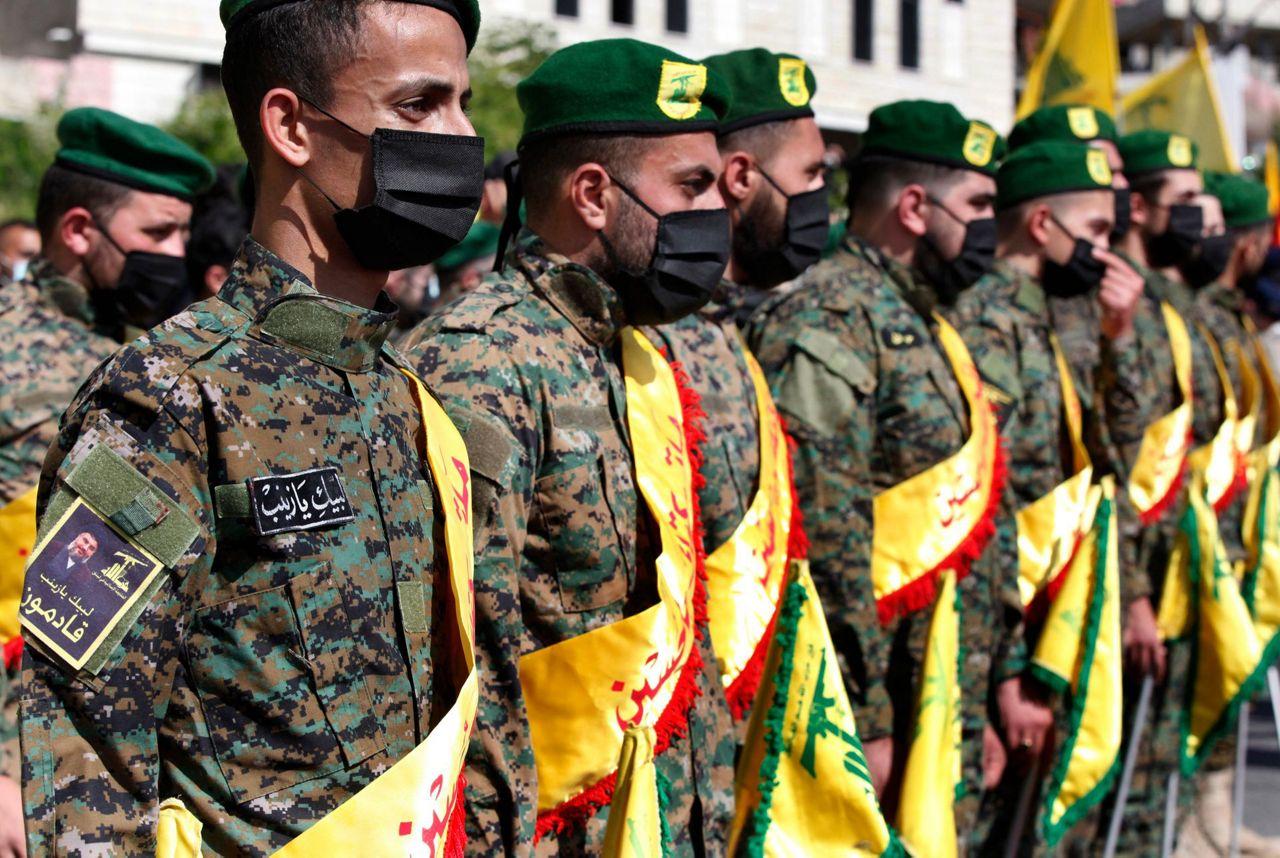
Can Lebanon emerge from Hezbollah’s shadow
Recently, Lebanese Hezbollah conducted a live ammunition exercise in southern Lebanon. The exercise involved a military display and simulations of attacks on Israel using drones or infiltration. Despite the announcement that the exercise was limited to around two hundred party members for security reasons, the significance of the matter goes deeper than meets the eye. How can an armed militia within a sovereign state carry out a “maneuver” with live ammunition, showcasing its ability to attack a neighboring country? Furthermore, how can these militias demonstrate their capacity to breach borders, kidnap soldiers, and attract more media presence than the number of participants involved in the maneuver? This event is described as the largest media gathering for a similar event in years.
The presence of Hezbollah in Lebanon has long been a topic of concern, as it is a larger issue of armed militias plaguing the Middle East. These militias have been eroding the national state in various parts of the region for decades. The arsenal of Hezbollah includes rocket launchers, vehicles with heavy machine guns, anti-aircraft guns, anti-tank missiles, drones, and various light weapons. With all these military capabilities, can we truly speak of security and stability in a country plagued by such a militia? Can we claim that Lebanon has national decision-making independence when these militias exert dominance and influence over the decision-making process? How has Lebanon become a military showcase for a militia whose leader consistently pledges allegiance and loyalty to Iran in public?
During this maneuver, Hezbollah did not display the precise missiles it claims to possess and threaten Israel with, citing security reasons. Israeli estimates suggest that the party possesses over 100,000 missiles, capable of launching at least 25% of them. Some of these missiles are advanced, able to carry half-ton warheads with a range exceeding 250 km, surpassing the capabilities of traditional militias. This situation involves a regional proxy for a state with significant military power. It is not mere speculation; we have witnessed how the Houthi militia targeted oil facilities in Saudi Arabia and the UAE using advanced drones that can travel long distances and hit targets accurately. It is not improbable that such aircraft have reached other militias in the Middle East region.
This maneuver sends a message that contradicts regional efforts to achieve security and stability. It does not reflect positive intentions, especially concerning Lebanon’s neutrality in the ongoing conflict between Iran and Israel. It demonstrates the party’s loyalty to instructions from Tehran rather than prioritizing Lebanon’s benefit, the state, and its people. Moreover, it highlights Iran’s insistence on using Lebanon as a front line in the ongoing conflict with Israel, thereby undermining any hope for a change in Iranian behavior at the regional level.
This further confirms that Iran deals with countries in the region individually and does not consider them as a unified bloc. It also raises doubts about the feasibility of ending Iranian presence in Syria or at least limiting it to a degree that respects the sovereignty of the Arab country over its territories.
The West, spearheaded by the US, undoubtedly insists on passing the buck to Lebanon, claiming that they bear sole responsibility for disarming Hezbollah. They assert that Lebanon must independently seek solutions and make a choice between the support of the International Monetary Fund and Western countries for their economy, or the continued presence of the party. This approach appears impractical, considering that the internal power dynamics in Lebanon prevent any faction or group from exerting pressure to end Hezbollah’s military role.
This maneuver does not carry a message solely from Hezbollah Secretary General Hassan Nasrallah, but rather serves as a message from Iran to Israel. The escalating tensions between these two sides, particularly concerning Israel’s military leaders’ threats regarding the Iranian nuclear program and their readiness for war against Iran, are being closely monitored by everyone. This reaffirms the significance and urgency of freeing Lebanon and other Arab territories and countries from the grip of Iran, which has long utilized proxy forces to wage its conflicts on Arab soil.
The security and stability of the entire Middle East hinge on the establishment of a genuine and effective mechanism to eliminate militias – a malady that plagues a region yearning for peace. It is unworkable for the region to achieve its aspirations amidst the rampant spread of militia weapons, some of which have surpassed the armament capabilities of world countries.
Source » israelhayom





